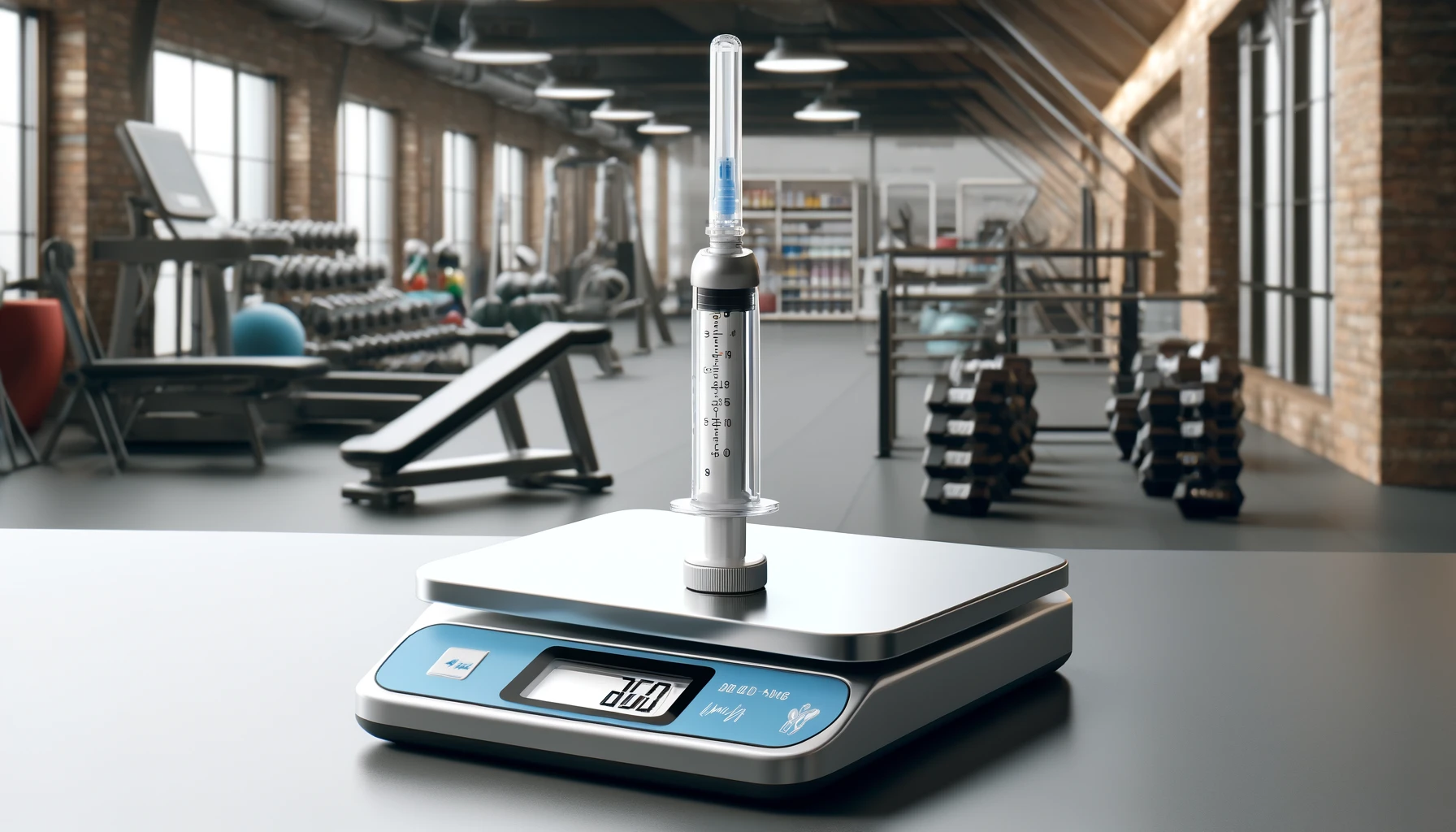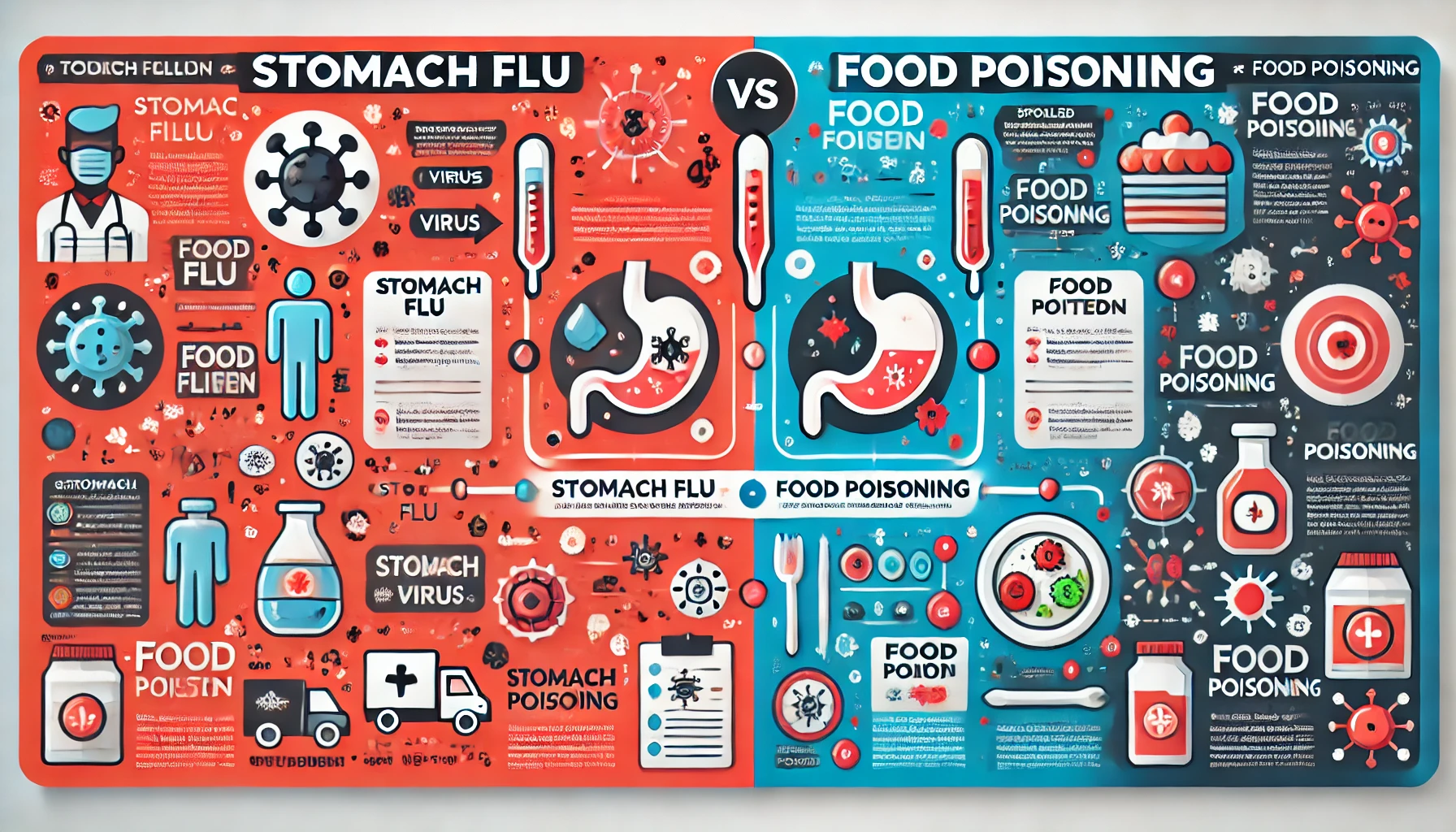Ozempic Weight Loss Calculator

Ozempic is one of the most popular drugs for weight loss. Every day, thousands of people are sharing their amazing weight loss stories with some reporting monthly losses of well over 20 pounds.
If you'd like to determine how much weight you could lose while taking Ozempic use my super simple Ozempic weight loss estimator below.
Disclaimer: I am not a medical professional and the calculator below is not meant to substitute medical advice. Always consult with a qualified physician before taking any medication or beginning any diet.
How much weight can I lose on Ozempic?
The amount of weight you can lose while taking Ozempic largely depends on your dose, diet, and exercise. Studies report that people lose around 5-10% of their starting body weight after starting on Ozempic.
Like any weight loss plan, your goal should be to remain in a caloric deficit, which this calculator can assist with.
Are there any downsides to taking Ozempic?
According to Ozempic's website, here are the following symptoms associated with taking Ozempic:
-
Nausea and vomiting
-
Abdominal pain and constipation
-
Diarrhea
-
Increased risk of developing tumors in the thyroid, including cancer
-
Pancreatitis
-
Changes in vision
-
Kidney problems, including kidney failure
-
Serious allergic reactions
-
Hypoglycemia (low blood sugar) when used with other diabetes medications
In addition to these, there are some reports of people getting ozempic face. This phenomena is characterized by hollowing of the cheeks and an overall sunken face.
It essentially occurs due to rapid weight loss and should result in a consult with a medical professional. Losing weight too fast is never a good thing and could result in development of an eating disorder.
If I don't like Ozempic, what are some alternatives?
Here are some alternative medications to Ozempic, again, please consult with your doctor before taking any medication.
-
Trulicity (dulaglutide) - Used for type 2 diabetes management, it also has benefits for weight loss.
-
Victoza (liraglutide) - Also used for type 2 diabetes and has been shown to aid in weight loss.
-
Rybelsus (oral semaglutide) - An oral form of the medication in Ozempic, used for the same purposes.
-
Phentermine-Topiramate (Qsymia) - A combination medication that can help reduce appetite and increase feelings of fullness.
-
Naltrexone-Bupropion (Contrave) - Combines an opioid antagonist and an antidepressant to help control appetite and cravings.
-
Orlistat (Xenical, Alli) - Works by reducing the amount of fat absorbed from your diet.
-
Plenity - An FDA-approved treatment that is taken before meals and helps create a feeling of fullness.
-
Tirzepatide - A newer medication that combines the actions of GLP-1 and GIP hormones, showing promising results in weight loss studies.
If you prefer the non-medicinal route, traditional diet and exercise work just fine. Try to replace processed sweets in your diet with some of these low-calorie fruits.
How much does Ozempic cost?
If you're not using health insurance, Ozempic's cash price can range from 800 - $1000, depending on where you buy it. With insurance, your co-pay or co-insurance can range from $25 to several hundred dollars per month.
Insurance is a labyrinth and quoting an accurate price is nearly impossible without calling your health plan. Another option that may be cheaper than insurance is GoodRx.
One more option to help make Ozempic more affordable is to use a manufacturer coupon. Novo Nordisk, the maker of Ozempic, offers a coupon that can reduce the cost of the drug to less than $30 USD per month for up to 2 years.
Do I still need to exercise if I'm taking Ozempic?
Yes, you should still exercise while taking Ozempic to not only lose weight but keep it from coming back. Ozempic's job is to reduce your appetite and help you feel fuller longer.
As a result, you eat less, thus putting you at a caloric deficit. Ozempic does not, however, help you build muscle, improve your cardiovascular health or burn calories.
The drug can certainly help you, but it should not be your sole means of controlling your weight.
Who can prescribe ozempic for weight loss?
Like many other drugs, only licensed healthcare providers can prescribe Ozempic. Here is a list of specialists who generally prescribe weight loss drugs.
-
Endocrinologists
-
Primary Care Physicians (PCPs)
-
Internists
-
Obesity Medicine Specialists
-
Bariatric Physicians
-
Nurse Practitioners and Physician Assistants
Can you buy ozempic over the counter?
Ozempic is a prescription drug that requires a doctor's order and a pharmacy to dispense it. It is currently not possible to legitimate get it over-the-counter.
If someone does offer it to you with a prescription, don't take it! Who knows where it came from.
How long can Ozempic be out of the fridge?
After opening, Ozempic can be kept at room temperature for up to 56 days. During this time its important to protect it from extreme temperatures.
Try not to let it be exposed to direct sunlight and don't leave it in the car! You should also prevent it from freezing.
When traveling, bring a lunch bag with an ice pack to keep it cool if you're its hot outside. Try not to have the Ozempic rest directly on the ice pack as it may end up freezing.
Can you take ozempic while breastfeeding?
The jury is still out as there haven't been a ton of studies on the safety of ozempic while breast feeding. Most doctors advise against doing so due to the potential harm it could cause the baby.
Its important to check with your doctor as cases may vary. Don't rely on anything you find in a random Google search. You and your doctor are the only people that should decide what's best.
Use Ozempic to help but don't let it be your only weight loss tool
Losing weight is one of the hardest things you'll ever do. It takes discipline and a tremendous amount of faith. Drugs like Ozempic are great tools to aid you in your weight loss journey, but they cannot get the job done on their own.
Diet and exercise are the keys to losing weight and keeping it from returning. And, if you're bored with your current exercise routine, let fate decide your next workout with my random workout generator.

Posted by: Matt Irving on 04/21/2024
Subscribe to my blog!


















